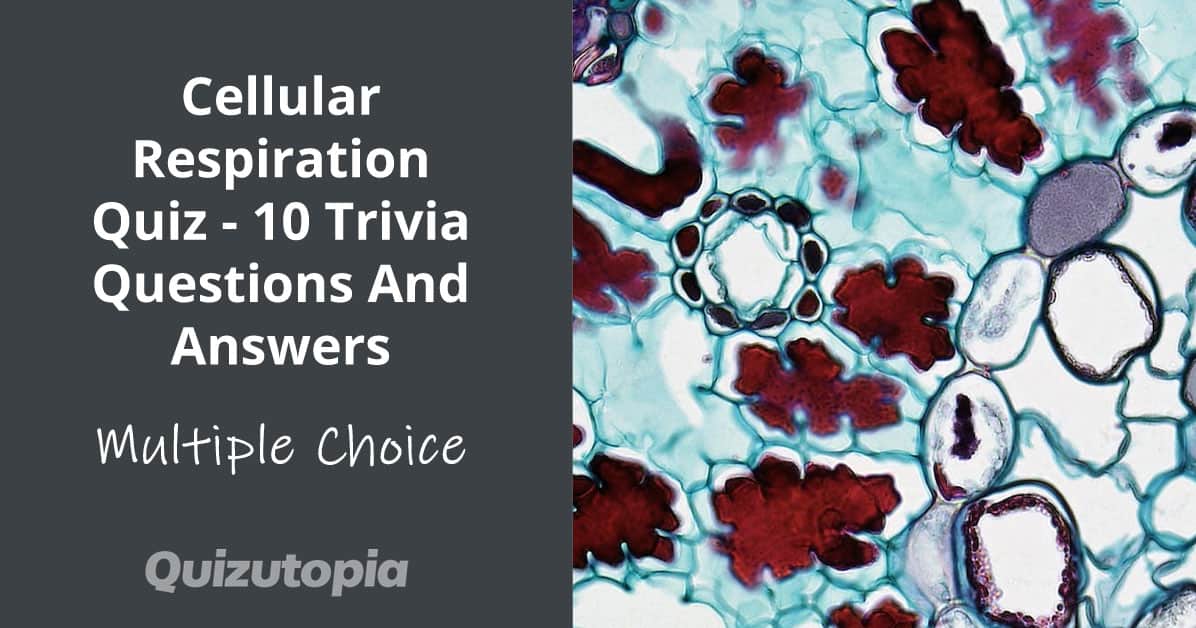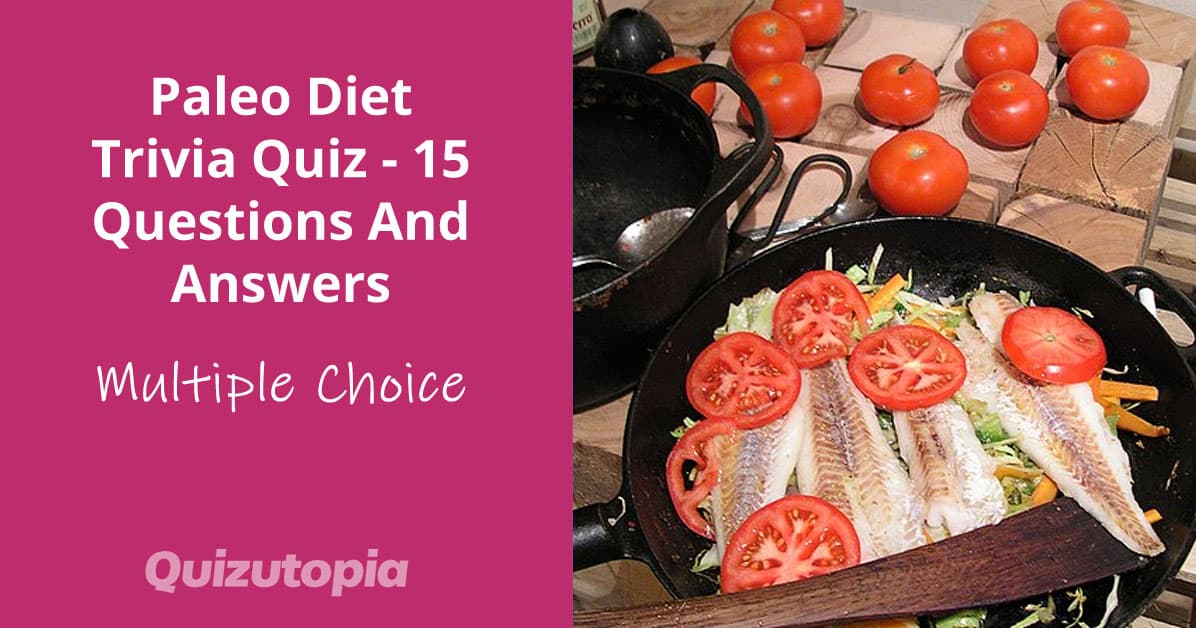Are you ready to test your knowledge on cellular respiration? This fascinating process is essential for life, as it allows cells to generate energy from nutrients. Dive into the world of cellular respiration with our fun and engaging quiz!
Featuring 10 intriguing questions, this quiz will challenge your understanding of the process, its components, and its significance in living organisms. Whether you’re a biology student or simply curious about the inner workings of cells, this quiz is sure to provide an entertaining and educational experience.
Don’t worry if you’re not an expert – our quiz is designed for a range of knowledge levels. Each question is accompanied by an explanation, so you’ll learn something new regardless of your score. So, are you prepared to put your cellular respiration knowledge to the test?
Take a deep breath, gather your thoughts, and let’s embark on this exciting journey through the world of cellular respiration. Good luck, and most importantly, have fun!

Subscribe to our mailing list to receive FREE exclusive quizzes and offers!
- What is the primary purpose of cellular respiration?
- To store energy
- To produce glucose
- To break down proteins
- To produce ATP
The correct answer is To produce ATP.
Cellular respiration is the process by which cells convert nutrients into energy (ATP) and waste products, primarily through the oxidation of glucose. - Which molecule is broken down during cellular respiration to release energy?
- Carbon dioxide
- Water
- Oxygen
- Glucose
The correct answer is Glucose.
Glucose is the primary fuel source for cellular respiration, and its breakdown releases energy that is stored in ATP molecules. - What are the three main stages of cellular respiration?
- Glycolysis, Krebs cycle, and Electron Transport Chain
- Photosynthesis, Glycolysis, and Krebs cycle
- Glycolysis, Fermentation, and Electron Transport Chain
- Krebs cycle, Electron Transport Chain, and Photosynthesis
The correct answer is Glycolysis, Krebs cycle, and Electron Transport Chain.
These three stages work together to break down glucose and produce ATP, with each stage contributing to the overall process. - In which part of the cell does glycolysis occur?
- Cytoplasm
- Nucleus
- Mitochondria
- Chloroplast
The correct answer is Cytoplasm.
Glycolysis is the first stage of cellular respiration and takes place in the cytoplasm, where glucose is broken down into pyruvate.
- Where does the Krebs cycle occur in the cell?
- Mitochondria
- Chloroplast
- Nucleus
- Cytoplasm
The correct answer is Mitochondria.
The Krebs cycle, also known as the citric acid cycle, occurs in the mitochondrial matrix and is the second stage of cellular respiration. - Which of the following is a waste product of cellular respiration?
- ATP
- Glucose
- Carbon dioxide
- Oxygen
The correct answer is Carbon dioxide.
Carbon dioxide is a waste product of cellular respiration, produced during the Krebs cycle, and is eventually exhaled by the organism. - Which gas is required for cellular respiration to take place?
- Oxygen
- Carbon dioxide
- Hydrogen
- Nitrogen
The correct answer is Oxygen.
Oxygen is required for cellular respiration, specifically during the Electron Transport Chain, where it acts as the final electron acceptor. - What is the process called when cells produce ATP without oxygen?
- Anaerobic respiration
- Photosynthesis
- Aerobic respiration
- Fermentation
The correct answer is Anaerobic respiration.
Anaerobic respiration, also known as fermentation, occurs when cells produce ATP in the absence of oxygen, often resulting in less efficient energy production. - How many ATP molecules are produced during one round of glycolysis?
- 2
- 4
- 8
- 6
The correct answer is 2.
Glycolysis produces a net gain of 2 ATP molecules per glucose molecule, along with 2 NADH molecules and 2 pyruvate molecules. - What is the total number of ATP molecules produced from one glucose molecule during aerobic cellular respiration?
- 30-32
- 24-26
- 18-20
- 36-38
The correct answer is 36-38.
Aerobic cellular respiration produces a total of 36-38 ATP molecules per glucose molecule, depending on the efficiency of the process and the specific organism.







